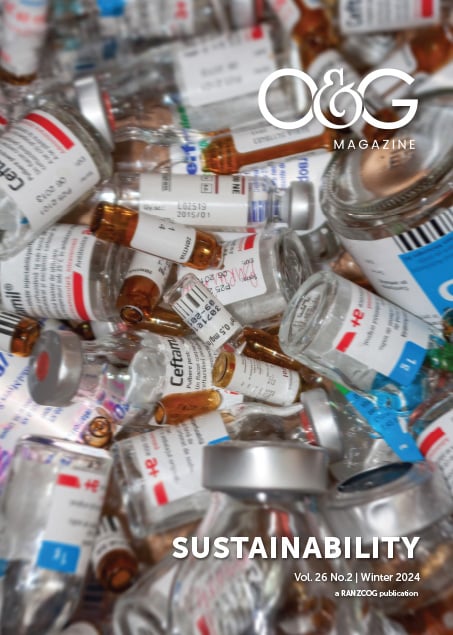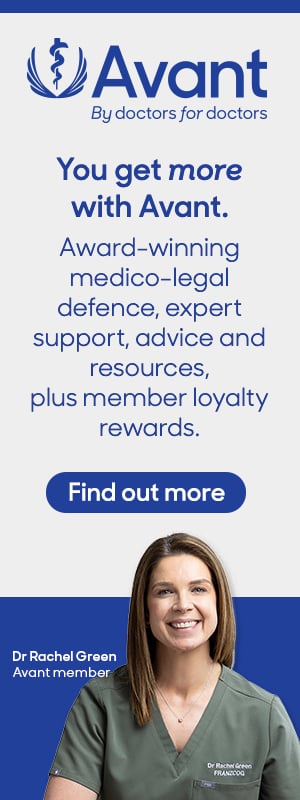Sustainability is a subject that can be looked at through many lenses. When we talk about sustainability, it can refer to environmental sustainability, sustainability of the workforce, the O&G specialty, or the College as an organisation. In our work here at RANZCOG, we are always striving to ensure the future of O&G and the College through a range of initiatives.
A key piece of work at the College in recent months has been ongoing engagement with the government in relation to ensuring a sustainable medical workforce into the future. We are having continuing discussions with key stakeholders about the ongoing challenges relating to the long-term sustainability of O&G workforce.
In May, the College hosted a roundtable discussion with a broad range of stakeholders to discuss the shortage of medicines and medical devices, particularly those that are used in obstetrics and gynaecology. This is an issue that has been widespread and is having a serious impact on women’s health services in Australia and New Zealand. This roundtable is just one way that the College is advocating for the ongoing sustainability of women’s health care. Other recent advocacy efforts have focused on calls for a review of the MBS to address gender inequities, involvement in the Victorian Inquiry into Women’s Pain, access to services in rural and remote areas, and improved support for private practitioners, and sustainability of private practice. Our advocacy efforts continue to grow here at the College, and I encourage any members interested in participating in this work to get in touch.
In order to achieve our long-term vision for our members and women’s health, it is essential that we consider the sustainability of the ongoing operations of the College. One way in which we have secured an additional source of ongoing revenue is through the Assessment, Learning and Examinations Centre (ALEC) at Djeembana. Through the operations of ALEC, we are less reliant on membership fees to continue optimal operations. As the political climate changes, so do the regulatory demands on the College. We will continue to look at different options for resourcing to meet these demands into the future. I also want to acknowledge our volunteer workforce; we rely on our members to donate their time to College work to advance women’s health and our specialty. I am conscious that this creates additional time pressures for the membership, and I speak on behalf of all of us here at the College when I say how grateful we are to your ongoing commitment to the College’s work and the future of O&G.
Looking at environmental sustainability, I am pleased to announce the formation of the Environmental Sustainability Working Group, led by Dr Kris Barnden. This group will develop and advise the College on practices and strategies for future environmental sustainability, both as an organisation and impact on women’s health. Every organisation needs to be conscious about climate change and their climate footprint, RANZCOG is no exception.
As such, the College has partnered with the Qantas Future Planet Program, offsetting our greenhouse gas emissions associated with corporate travel emissions and affirming our commitment to environmental sustainability. Through this partnership, the College is participating in the Fire with Fire Project, funding Aboriginal land and bushfire management in Arnhem Land, and supporting Aboriginal people in returning to, remaining on, and managing their country. A healthy climate will ultimately lead to a healthier population, including women and babies into the future.
I hope you enjoy this edition of O&G Magazine, and thank you for your continued interest in the College.






Leave a Reply